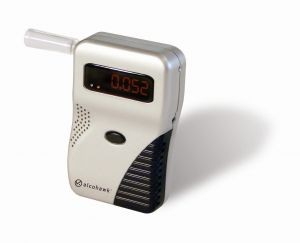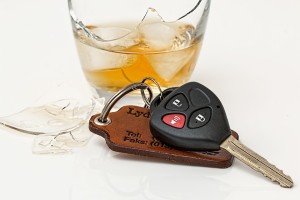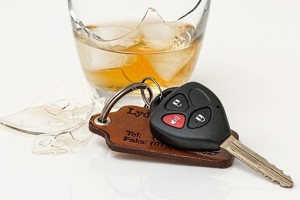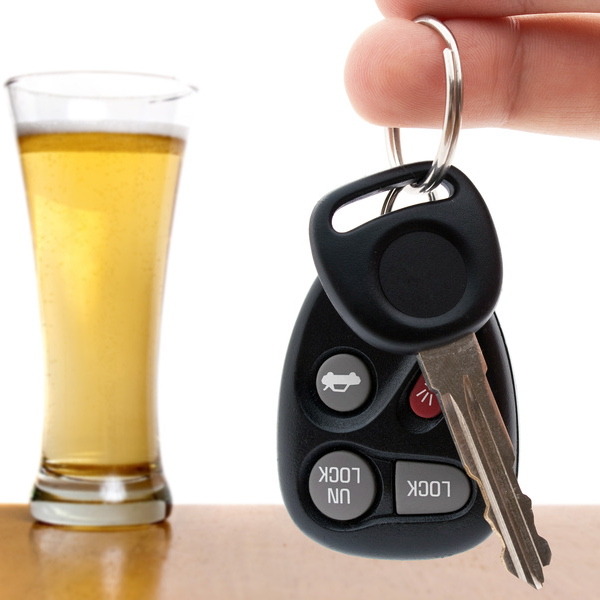 The two main concerns for anyone that is arrested for DUI are typically going to jail and losing the ability to drive legally. We touched on the likelihood for jail sentences in a previous post, so in this post we will stick to a discussion about the potential for dealing with a suspended license. It is important to understand that there are two different events that can result in a suspended license, and one generally has nothing to do with the other. The first event is the initial traffic stop where the officer will ask you to take a breathalyzer test to determine blood alcohol content or BAC. If you refuse to submit to the test then your license will automatically be suspended for 270 days for a first refusal and 2 years for a second or subsequent refusal. The suspension is administrative, and is initiated after the arresting officer submits an order of suspension to the driver, and forwards copies to the MVA. The suspensions were increased to these numbers in October of 2016 after the passage of the Drunk Driving Reduction Act.
The two main concerns for anyone that is arrested for DUI are typically going to jail and losing the ability to drive legally. We touched on the likelihood for jail sentences in a previous post, so in this post we will stick to a discussion about the potential for dealing with a suspended license. It is important to understand that there are two different events that can result in a suspended license, and one generally has nothing to do with the other. The first event is the initial traffic stop where the officer will ask you to take a breathalyzer test to determine blood alcohol content or BAC. If you refuse to submit to the test then your license will automatically be suspended for 270 days for a first refusal and 2 years for a second or subsequent refusal. The suspension is administrative, and is initiated after the arresting officer submits an order of suspension to the driver, and forwards copies to the MVA. The suspensions were increased to these numbers in October of 2016 after the passage of the Drunk Driving Reduction Act.
The suspension for a refusal will actually go into effect after 45 days from the order of suspension, and you will be able to legally drive during this time. The paper order of suspension will serve as the temporary driver’s license. During these first 45 days defendants have three choices to make. First, they can elect to install the engine interlock device (also known as blow and go) in their car and then obtain a restricted license from the MVA. The restricted license will state that the driver is only allowed to drive a vehicle with the device, and for a refusal must be maintained for a minimum of one year. You can only obtain this type of restricted license after you present the MVA with a certificate of installation from the company that installed the interlock device in your car.
If you refuse the breathalyzer you also have the option of requesting a hearing in front of an administrative law judge. The hearing will take place at an MVA branch office or the OAH in Hunt Valley, Baltimore County. When dealing with a refusal case, a hearing officer may only uphold the suspension or reverse the suspension. They will not issue a restricted, work only license. The only realistic ways to win an administrative hearing are to prove that you didn’t refuse, or that the cop had no legal basis to request the test in the first place, and most hearings end up with the driver walking out disappointed, so think twice before requesting one. The third option for a driver that refuses the test is to accept the 9-month suspension. If the police did not confiscate your license you must turn it into the MVA or sign a form stating you lost it in order to get credit for serving the suspension.
 Criminal Defense Lawyer Blog
Criminal Defense Lawyer Blog









 Drunk driving has become the most hotly debated and visible crime in the entire country. The amount of media attention and lobbyist money that is directed toward DUI education and prevention simply has no comparison. Sure, the war on drugs is trudging along, and sucking up millions of taxpayer dollars, but it targets dozens of substances, and not one single offense. Drunk driving stands alone for a variety of reasons including the fact that it is so common, and its defendants do not fall within a specific age or socioeconomic group. Teenagers, professionals, celebrities, cops, politicians etc. can be the defendants, and unfortunately the victims of this offense. All the media and lobbyist attention does not go unnoticed by lawmakers and state agencies, and as a result there are pages of laws and regulations governing DUI policy. The courts are charged with the task of interpreting each of these regulations, and this past week Maryland’s highest court released a lengthy opinion after being called upon to do just that.
Drunk driving has become the most hotly debated and visible crime in the entire country. The amount of media attention and lobbyist money that is directed toward DUI education and prevention simply has no comparison. Sure, the war on drugs is trudging along, and sucking up millions of taxpayer dollars, but it targets dozens of substances, and not one single offense. Drunk driving stands alone for a variety of reasons including the fact that it is so common, and its defendants do not fall within a specific age or socioeconomic group. Teenagers, professionals, celebrities, cops, politicians etc. can be the defendants, and unfortunately the victims of this offense. All the media and lobbyist attention does not go unnoticed by lawmakers and state agencies, and as a result there are pages of laws and regulations governing DUI policy. The courts are charged with the task of interpreting each of these regulations, and this past week Maryland’s highest court released a lengthy opinion after being called upon to do just that.